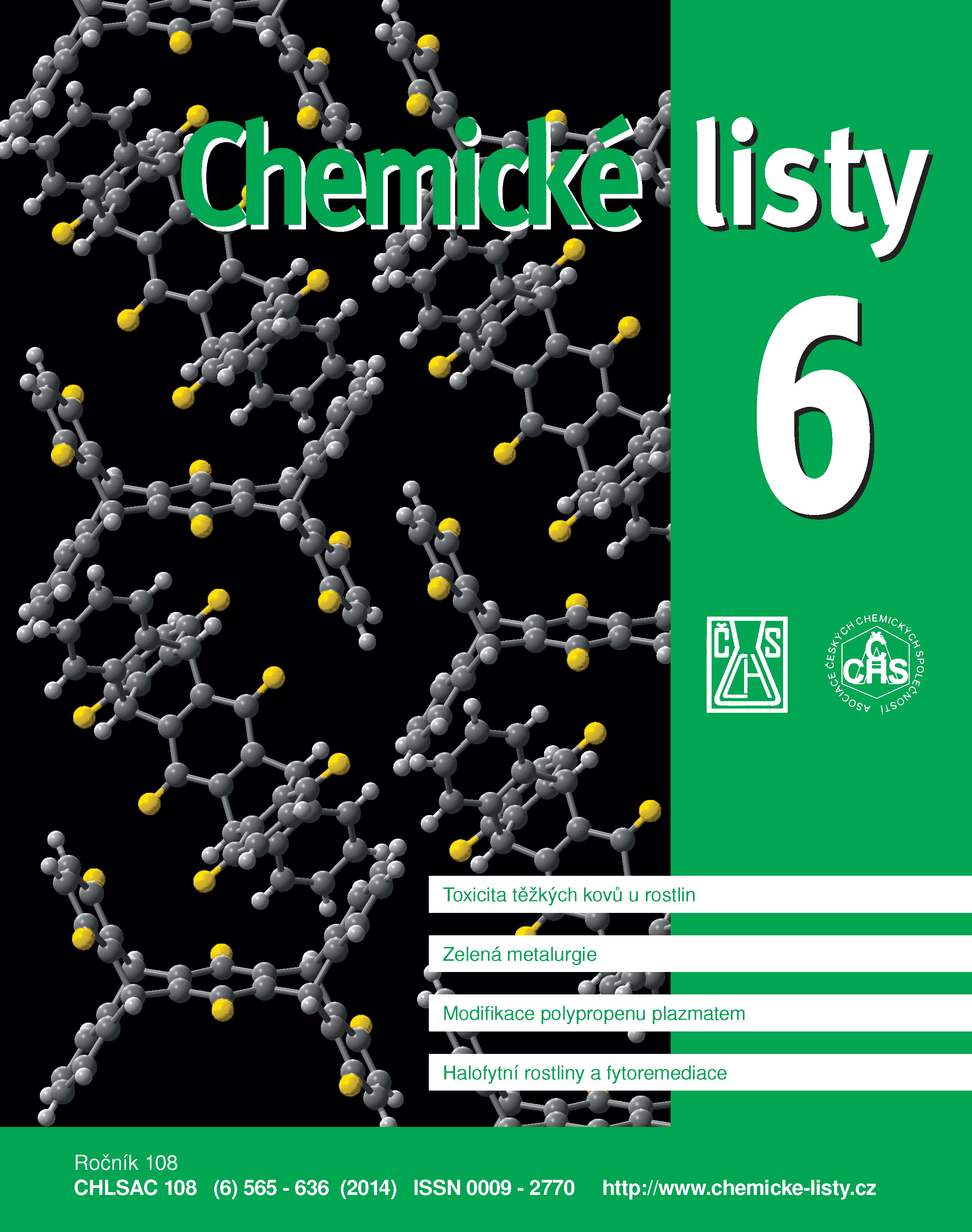Effect of Cosolvents on the Liberation of Indomethacin from Carbopol Gels Containing Microemulsions
Keywords:
microemulsion, enhancer, indomethacin, cosolvent, in vitro liberation, Carbopol 71-G NFAbstract
The study deals with the formulation of a topical vehicle containing microemulsion for indomethacin as a model of a poorly soluble drug. The effects of the microemulsion and cosolvents, used for the preparation of vehicles containing Carbopol gels on the liberation of indomethacin was evaluated. Microemulsions containing isopropyl myristate as the oil phase were prepared and their basic physical parameters including the size and polydispersity were determined. Rheological properties of Carbopol gels were evaluated. The viscosity of the gels was modified by adding cosolvents – propylene glycol, glycerol, ethanol – and Na carbonate as an electrolyte. The drug liberation from gel vehicles through a semipermeable membrane was studied. The presence of the microemulsion and cosolvents affects the permeation rate and the amount of liberated drug. The microemulsion acts as an accelerator of indomethacin liberation in less viscous Carbopol gels.





